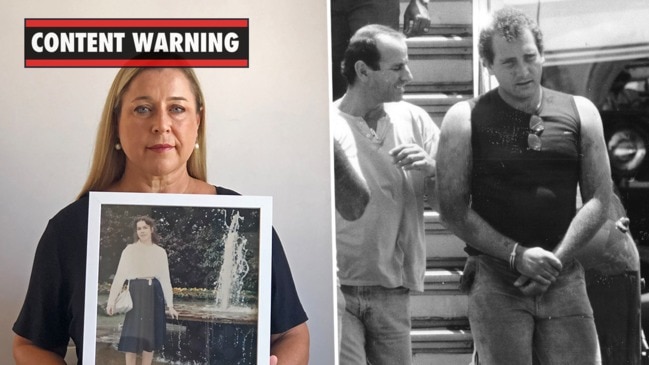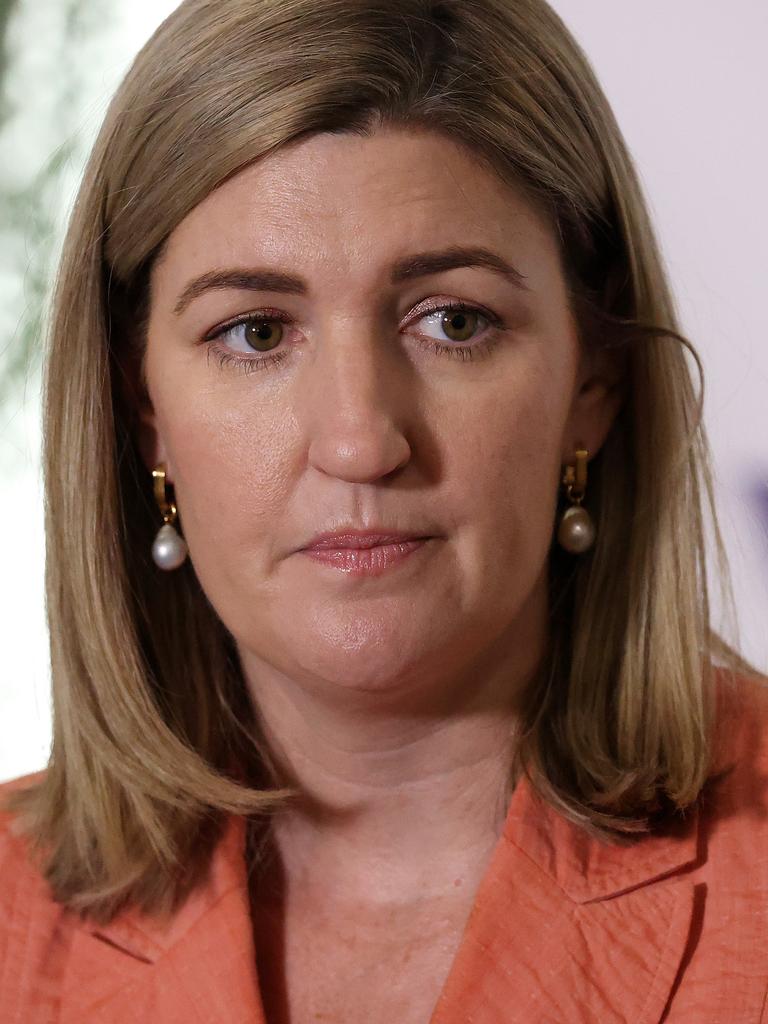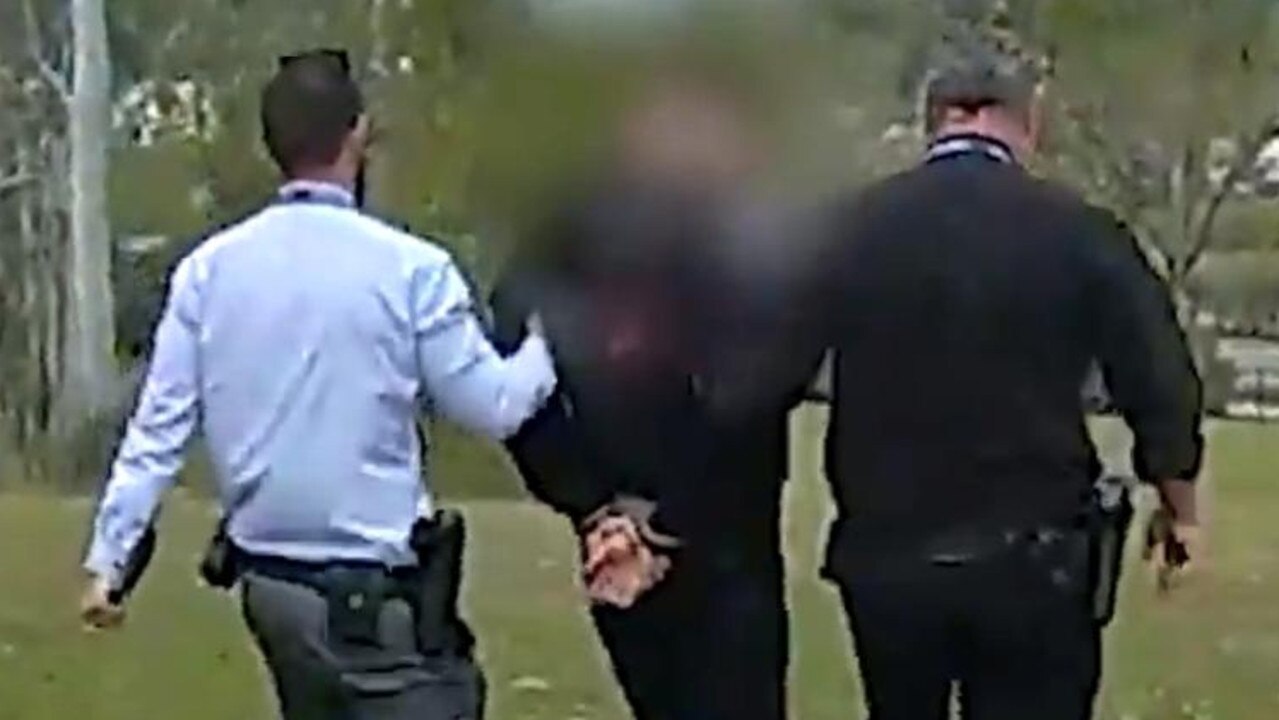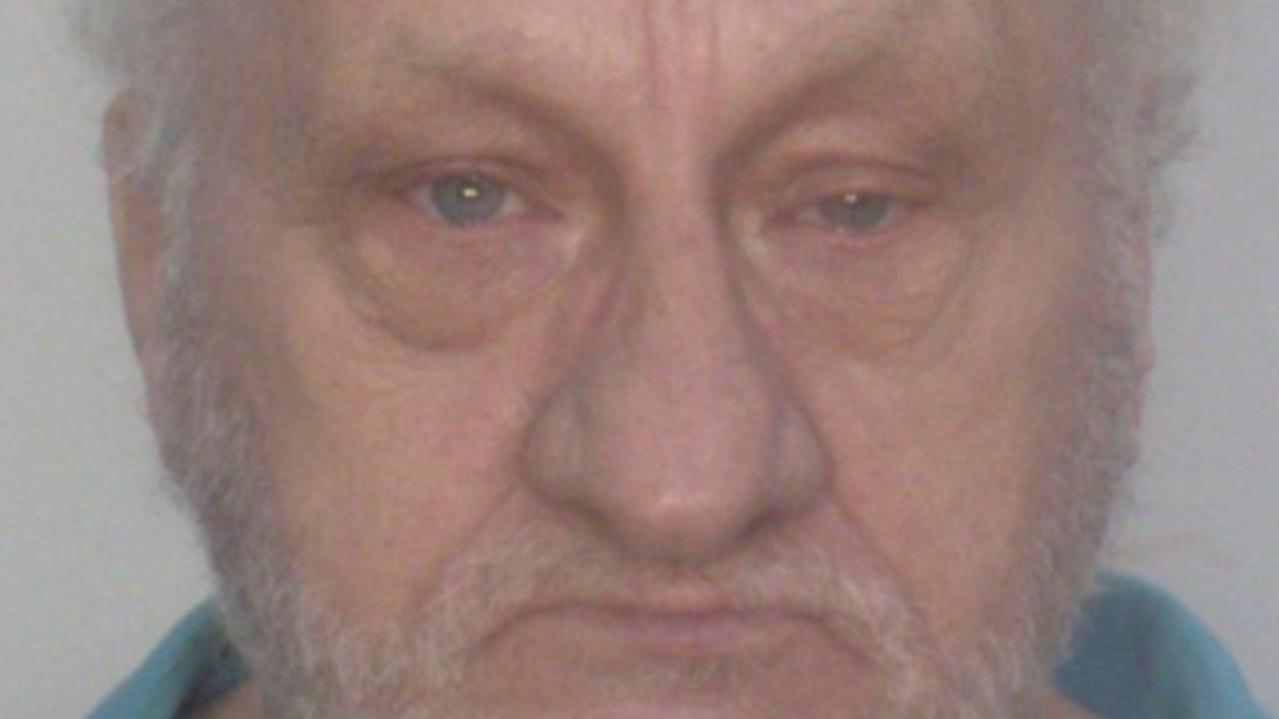Qld law prohibiting the naming of accused rapists to be changed
Accused rapists will no longer be protected by legislation ruling they cannot be named before being committed to stand trial, with Queensland’s Attorney-General saying laws would be updated.

Police & Courts
Don't miss out on the headlines from Police & Courts. Followed categories will be added to My News.
Accused rapists will no longer be protected by outdated legislation under “desperately” needed law changes expected to be implemented next year.
The prohibition of naming an accused rapist before their matter was heard at a committal is set to be removed, and was one of 103 recommendations made by the Women’s Safety and Justice Taskforce which the state government accepted this week.
Attorney-General Shannon Fentiman said it meant accused rapists would no longer be protected or treated differently to every other criminal.
“These prohibitions are based on rape myths, where women come forward and make up complaints,” Ms Fentiman said.
“There is just no place for those myths anymore, anywhere in our system and certainly now in our laws.”


The recommendation is among 188 made by the Women’s Safety and Justice Taskforce in its second report. The State Government has accepted in full 103 recommendations, while the remaining 85 were supported in principle.
Ms Fentiman said there needed to be “further consultation” on those outstanding recommendations.
The recommendations would be backed by a $225 million funding package to transform the state’s criminal justice system and put “victims at the centre”.
Along with removing the prohibition naming rapists, Ms Fentiman said the acceptance of an affirmative consent model, where consent is agreed rather than given, and specialised sexual assault case management in courts was a huge achievement.
“Having an expert panel that can give evidence in court to juries about rape myths, the nature of domestic and family violence, a pattern of abuse … these are the things that will fundamentally mean that women are believed and supported through the system.
“We really want to see generational change when it comes to consent and sexual assault.”
Under current laws in Queensland, media are banned from reporting the identity of a person charged with sexual assault or rape offences until their court matter has been through a committal hearing, which can often take several months or even years.
Queensland and Northern Territory are the only remaining jurisdictions that give such protections, with South Australian Attorney-General Vicki Chapman previously describing them as “outdated”.
Women’s Legal Service CEO Nadia Bromley said the current laws put victims of these offences in a different box to every other victim of crime.
“Victims of sexual assault were in a different category to everyone else … to someone who might have had their house burgled, or had a common assault perpetrated against them.
“I think it was part of the victim blaming that we have often seen and that rhetoric has no place in the state, so I’m delighted to see that’s been removed.”
The new laws are expected to be introduced next year.




